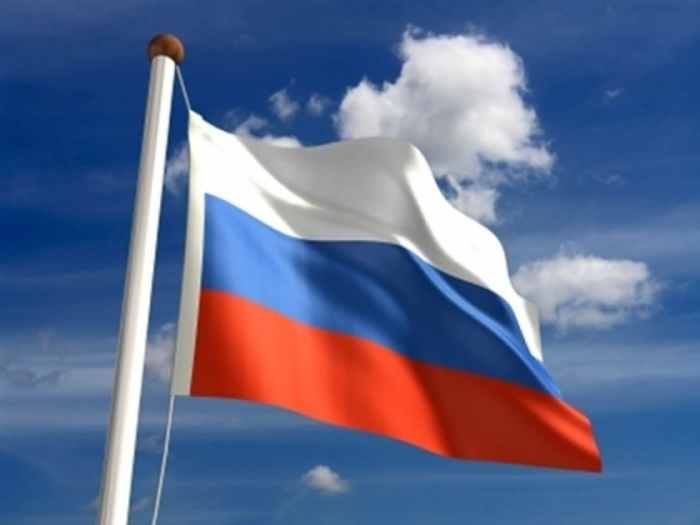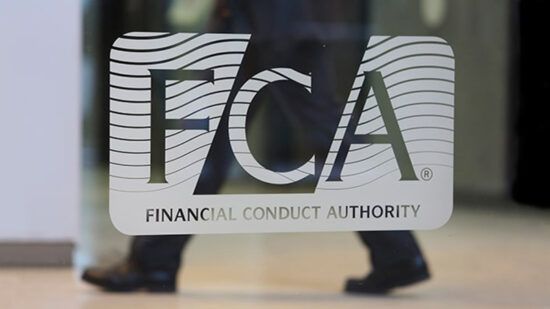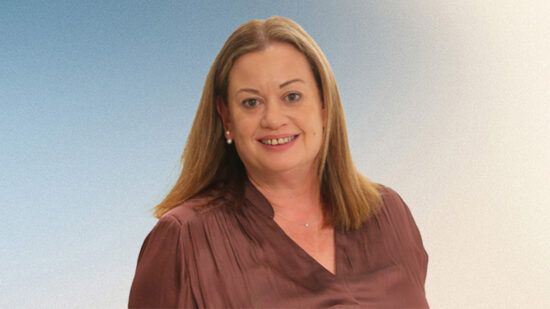The top priority for President Vladimir Putin’s government is improving the economy, ramping up productivity and streamlining the bureaucracy. Environmental protection and social issues are a long way down the list.
According to Elio Manca, managing director at ITI Funds: “The big companies in Russia are involved in oil and mining”.
“Russia and environmental, social and governance (ESG) do not typically go together,” he said. But this may be beginning to change.
A global trend
Russia-focused asset managers said the global trend towards ESG investments has been noticed in the country.
BNP Paribas and East Capital’s Russia equity funds, for example, now analyse investments according to ESG criteria.
Russia-based asset manager TKB Investment Partners advises BNP Paribas for its Parvest Equity Russia fund.
TKB Investment Partners head of investment marketing Egor Kiselev said the calculation of every stock’s cost of equity (risk metric) included an ESG criteria.
“If the company was found to have a low ESG score, then its fair equity value would be lower and vice versa,” Kiselev said.
A dedicated team provides a blacklist of companies that they cannot invest in, he said.
TKB Investment Partners portfolio manager Ruslan Muchipov added that they reviewed ESG scores on a quarterly basis and adjusted the cost of equity based on these reviews.
“However, if a stock’s cost of equity is 20% and has a relatively low ESG level, but the ability of the company to generate yield is 100%. This will give us a huge upside to the fair value as it has the potential for a high contribution to the fund’s return,” Muchipov said.
“Despite the low ESG score we will still probably use it as part of the portfolio.”
Oil and gas efforts
The Parvest Equity Russia fund largest sector weightings are in energy (31.9%), materials (19.6%), and telecommunication services (14.1%) with non-state-owned oil and gas company Lukoil as the largest holdings at 9.1%, according to the fund’s factsheet.
Kiselev said all the oil and gas companies invested in the fund met the minimum ESG criteria.
Russian oil and gas companies are not as “ugly” in terms of environmental footprint as popular opinion might conclude, Muchipov said.
Russian state-owned oil and gas companies such as Gazprom and Rosneft – as well as non-state-owned Lukoil – do seek a responsible approach, Muchipov said. “They have sustainability reports and seek to improve their practices to meet global standards,” he said.
Governance focus
East Capital’s eastern Europe head Jacob Grapengiesser said ESG was now integral part of the firm’s investment process.
The firm’s Russian investments included looking at corporate governance and board member appointments and involved strategic discussions with companies. In a worst-case scenario the fund has taken companies to court for not meeting certain standards. “We have a number of tools including our proprietary ESG scorecard,” he said.
East Capital’s ESG scorecard was primarily focused on governance which accounted for 75% of the weighting, and 12.5% each for environment and social factors, Grapengiesser said, adding that the firm viewed governance as the most important value driver in emerging markets.
Grapengiesser said East Capital had developed its ESG scorecard is because it did not trust external rating systems because the underlying data was relatively poor and they often had systematic bias.
Companies like Lukoil (which is not state owned) have a relatively good ESG score because they have solid governance. Gazprom (which is state owned) has a worse score because there are question marks around their governance, he said.
A number of things can go wrong in emerging markets from transfer pricing to misalignment in majority investors, Grapengiesser said.
“[In governance] you can make a difference. You can appoint board members. For some companies in Russia, even big companies, it might be the first time they have a truly independent board member,” he said.
Grapengiesser said East Capital had met resistance from senior management regarding appointing new board members.
“I tell them it’s for the benefit of the company because in the longer term good corporate governance typically leads to better long-term results and sustainability’,” he said.
Like the Parvest fund, the East Capital Russia fund has its largest sector weighting towards energy (30.4%), materials (19.9%), and financials (15.3%). Lukoil is also their largest holding at 9.6%.
Dividend policy change
Grapengiesser said Lukoil has been very expansion focused in the past without capital allocation efficiency, and investors have been concerned that money was being redeployed into relatively inefficient projects.
However, as part of its corporate governance improvement, the company changed to qualitative growth targets by focusing more on efficiency and in turn increased cashflow, return invested, and capital.
“The firm has also changed its dividend policy where now if you’re receiving 7% direct cash dividend, half of the free cashflow goes into buying back shares – that’s roughly another three to four percentage points. This means an investor would get 10-11% of dividend yield,” he said.
“It has gone from quantitative growth to qualitative growth. But it’s been a radical difference in dividend approach/policy. The market is halfway through understanding that this is quite a dramatic shift.”
Grapengiesser said another oil firm Tatneft – majority owned by the Republic of Tatarstan – had seen a dramatic shift in how they used capital after a management overhaul.
However, state-owned gas giant Gazprom – Russia’s largest company which both the East Capital and Parvest funds have holdings in – had not seen the same governance improvement, Grapengiesser said
“We do have an investment with Gazprom but our position is a significant underweight for us,” he said.
Looking at both the Parvest and East Capital funds, both returned significantly above their sector at 27.3% and 30.5% respectively for the three years to 31 May 2018, according to FE Analytics. The Europe single country sector returned 10.3% for the same period. The funds also performed better than the S&P500.
This article first appeared on ESG Clarity‘s sister site Expert Investor.








